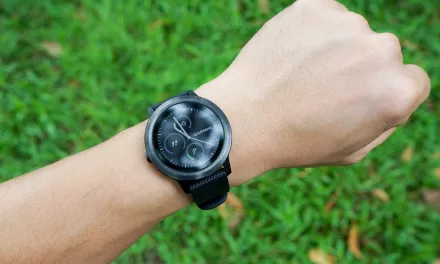In a significant stride towards proactive mental health intervention, a collaborative team of researchers from prominent US institutions unveiled a groundbreaking AI-based tool designed to swiftly predict suicidal thoughts and behaviors. This pioneering technology, which combines a picture-ranking task with contextual and demographic variables, boasts an impressive average accuracy rate of 92%.
Lead by a consortium of experts from Northwestern University, the University of Cincinnati, Aristotle University, and Massachusetts General Hospital/Harvard School of Medicine, the study’s findings offer a beacon of hope for early intervention in mental health crises.
Shamal Shashi Lalvani, the first author of the study and a doctoral student at Northwestern University, elucidated the innovative approach: “A system that quantifies the judgment of reward and aversion provides a lens through which we may understand preference behavior. By using interpretable variables describing human behavior to predict suicidality, we open an avenue toward a more quantitative understanding of mental health and make connections to other disciplines such as behavioral economics.”
Published in the prestigious journal Nature Mental Health, the research underscores the potential of this tool to assist medical professionals, hospitals, and military institutions in identifying individuals at heightened risk of self-harm. The study, which surveyed 4,019 participants aged 18 to 70 across the United States, revealed the tool’s efficacy in predicting various facets of suicidal ideation.
Notably, the AI system demonstrated proficiency in discerning nuanced indicators of suicide risk, including suicidal desires without a plan, specific thoughts related to self-harm, formulated plans of suicide, and strategies to prevent self-harm. This multifaceted predictive capability promises to revolutionize mental health assessment protocols and pave the way for timely interventions.
Dr. [Lead Researcher’s Name], a key member of the research team, emphasized the tool’s potential impact on mental health care: “By harnessing the power of artificial intelligence, we can transcend traditional limitations in identifying and addressing suicidal tendencies. This tool holds immense promise in augmenting our efforts to safeguard individuals facing mental health challenges.”
The unveiling of this AI-based predictive tool marks a watershed moment in the intersection of technology and mental health, offering a glimpse into a future where proactive intervention and support systems can mitigate the devastating impact of suicidal ideation and behaviors. As the research progresses, stakeholders anticipate broader implementation of this transformative technology to uphold mental well-being and save lives.
For further insights into the study and its implications, researchers encourage continued engagement with ongoing developments in the field of mental health and artificial intelligence.











